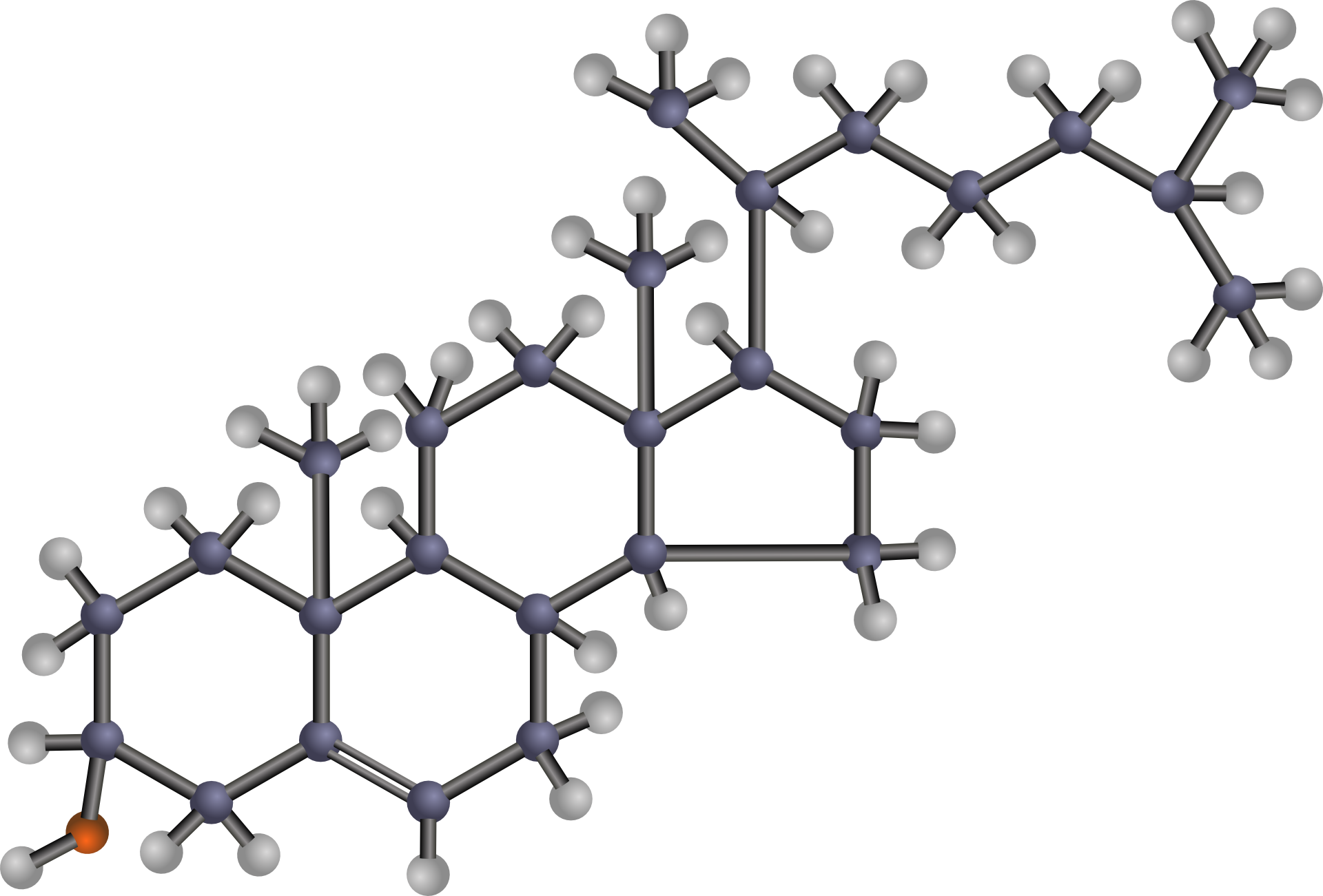Table of Contents
Cholesterol is a type of fat that is formed in our liver and can be found in our blood and every cell in our body. The right amount of cholesterol is not bad. In fact, our body needs this substance to help the body digest food, create hormones and build cells.
However, the problem starts when you have too much cholesterol. High cholesterol can have a significant impact on your body. It would be best if you understood this impact to better care for yourself. But before that, we must first learn more about cholesterol.

Types of Cholesterol
Cholesterol travels in our blood using a protein called lipoproteins. It acts as a vessel that carries cholesterol throughout our bloodstream. Lipoproteins come in two types, LDL and HDL.
LDL (Low-Density Lipoprotein)
The first type of cholesterol is the Low-Density Lipoprotein or the LDL, also known as the bad cholesterol. This type of cholesterol is what is most found in your body. If you have a high level of LDL, you are at higher risk of heart disease and stroke. LDL increases because of a poor diet that consists of saturated fats. Being overweight and lacking physical activity will also increase your chance of building more LDL in your body.
HDL (High-Density Lipoprotein)
The second type of cholesterol found in our body is the High-density lipoprotein, also known as good cholesterol. This lipoprotein absorbs the cholesterol and transports it back to your liver. As a result, your liver will flush the cholesterol out of your system, decreasing cholesterol levels overall.
Having a high HDL level in your body can significantly reduce the risk of acquiring heart disease and stroke. To increase HDL levels in your system, you must eat foods rich in fiber, maintain a healthy weight, exercise, and avoid smoking.
The Impact of Bad Cholesterol on Your Body
If your body has a high level of bad cholesterol, it can build up on your blood vessel walls. As it builds up, cholesterol will harden and will become plaque. Plaque can block your arteries and blood vessels. As a result, your blood flow will get affected as it can’t easily pass through your blood vessels due to the build-up.
If blood can’t reach your organs, these organs will experience problems. As oxygen is carried by the blood, your organs will become oxygen-deprived and will eventually go into organ failure.
The heart, for example, can weaken or work too hard and may not pump blood properly. When this happens, people can have a stroke or a heart attack. Heart attacks are considered as one of the most common causes of death in many countries. For those who survive such a condition, life will never be the same again. People who survive heart attacks will have more restrictions and can’t enjoy life in general.
How to Prevent Bad Cholesterol
You must prevent acquiring bad cholesterol by changing your lifestyle. For example, you can start eating healthy, exercising daily and taking vitamins. However, if necessary, undergoing medication can also help you manage your condition. If your cholesterol can’t be lowered through normal means, you might need to be on medication forever, which can be costly over time.
Therefore, it is best to prevent your bad cholesterol from increasing so you don’t need to undergo medication. However, if your doctor requires you to be on a high-cholesterol medication, you should follow the instructions and never miss a pill.
And if you donate blood from time to time, rest assured that medicines for high cholesterol and high blood pressure do not affect your eligibility to donate blood.
High cholesterol medicines will help keep your LDL at bay by slowing your liver’s production of cholesterol. It also improves the liver’s ability to flush out the bad cholesterol-lowering the LDL levels in your bloodstream.
You should make sure that you have enough medication to last you for a long time. Unfortunately, some people don’t get the chance to complete their cholesterol medication due to a lack of funds. Good thing there is a saving program that will help you save money on your prescription medication through discounts. You can acquire this program and complete your medication without worries.
Furthermore, having high cholesterol levels isn’t only caused by your lifestyle. If anyone in your family has high blood pressure or high cholesterol, then you’re at risk of acquiring it.
Symptoms of High Cholesterol
Unlike other conditions, high cholesterol might not give off telling symptoms. As such, many people often don’t know if they have high cholesterol. This fact is the reason why hypertension and other conditions related to elevated cholesterol are known as the “Silent Killer.” To know if you have a high cholesterol level, you will need to visit your doctor and get checked regularly.
Your physician will then request a lipid profile test. This is a blood test that will help you know whether you have too much cholesterol level in your system or not. Aside from the test result, your doctor will also consider your age, lifestyle, and weight to determine how your cholesterol levels will impact your body and how severe they will be.
To Sum It Up
Cholesterol comes in two types LDL and HDL. Having too much LDL can cause angina, stroke, and heart disease. Meanwhile, a good HDL level in your body will help you lower your risk of heart disease. Therefore, you should become aware of your LDL cholesterol level as early as possible to help prevent it from increasing. Remember, prevention is always better than cure.

